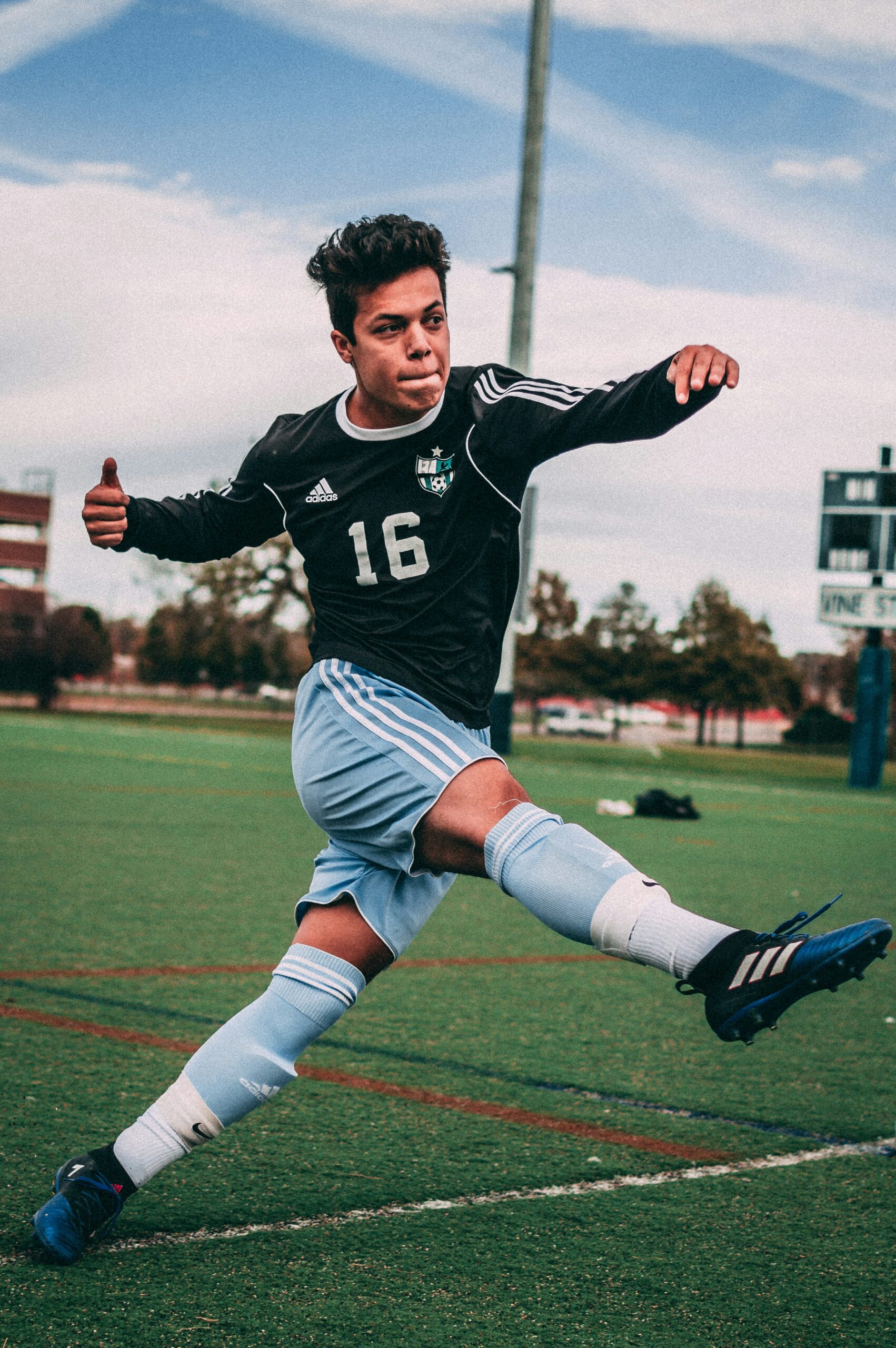The legal landscape for rights related to name, image, and likeness (“NIL”) for non-professional athletes continues to rapidly evolve. This includes major ongoing changes at the collegiate level and the extension of NIL rights to more and more high school athletes. As of this writing, 38 States and the District of Columbia now allow high school athletes to make money on their NIL rights without foreclosing total eligibility. The “big” remaining holdout for high school football is the State of Texas, but lawmakers have already begun working on extending NIL rights to Texas high school athletes since Texas is already losing high school talen,t given the obvious incentive to skip a year or two of high school to obtain NIL monies by enrolling early in college. In this article, the experienced NIL attorneys at Revision Legal offer some thoughts about legal issues facing high school athletes who have opportunities to enter NIL deals.
Compliance with State rules
Although 38 States allow high school athletes to exercise their NIL rights without losing eligibility, each law is different. Thus, any high school athlete must understand his or her State’s rules and comply with those rules. As a couple of examples, most of these laws prohibit high school athlete endorsements for “adult” or “vice” businesses like gambling, alcohol sales, tobacco products, etc. But, the specifics are different from State to State. Similarly, most high school athletes are forbidden to appear in endorsements displaying their high school uniforms, logos, etc. But, again, the specifics are different and might even depend on what is being endorsed.
Careful of any effort to create a tie-in to a specific college or university
Any high school athlete looking to “ink” a sponsorship or endorsement deal must be very wary of any aspect of the agreement that includes a tie-in to a college or university. For example, an endorsement deal from a local business might require a local high school athlete to eventually sign with the local university or college team.
Here again, careful attention must be paid to State law. In a couple of States, NIL endorsements for high school athletes are allowed only after the athlete has signed with an in-state team. Other State laws prohibit tie-ins of this sort, and generally, there are legal questions about the enforceability of binding tie-ins as they are obvious restraints on trade.
Two types of endorsement deals
Be aware that, generally, there are two types of NIL endorsement deals. The first are individual-based deals where money is provided directly to the individual for the endorsements/promotions. The other is school or team-based, where the money is paid to the school or team with the athletes sharing in the proceeds.
Here is another area where care must be taken. Some State laws allow only the second type of NIL payment scheme. Further, some high schools and teams may impose rules and limits on individual NIL endorsement deals. However, based on recent court rulings for college athletes, such limitations may not be legal. However, compliance with the rules is generally required until the statutes and/or rules are actually overturned.
Legal capacity
If a high school athlete is under the age of 18, the question of “legal capacity” becomes important. Usually, this means that parents and legal guardians must be involved in the signing of the NIL rights agreements and the handling of any monies. Lack of legal capacity will not prevent the exercise of NIL rights but will add a layer of legal complexity.
In most states, persons under the age of 18 do not have the “legal capacity” to sign contracts, for example. The general idea is that young people need the guidance of adults with respect to important matters like entering into contracts. Further, many States impose certain rules on how money is handled that is paid to persons under the age of 18. Some States require a trust fund to be created, some require the fund to be supervised by a local court, etc. The general idea is to prevent parents, family, and others from spending money that belongs to a minor.
Contact The NIL Attorneys At Revision Legal
For more information, contact the experienced NIL Lawyers at Revision Legal. You can contact us through the form on this page or call (855) 473-8474.




